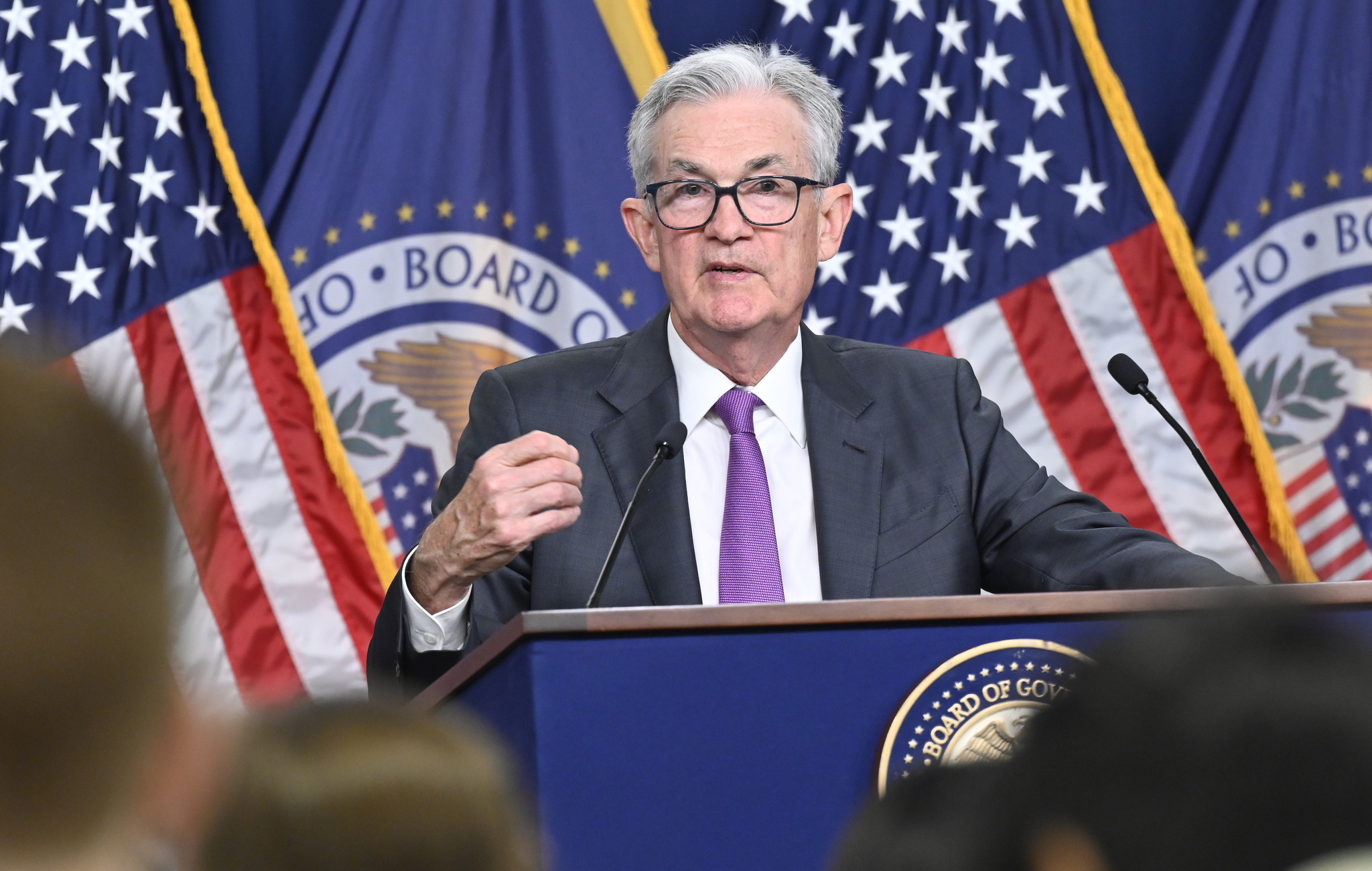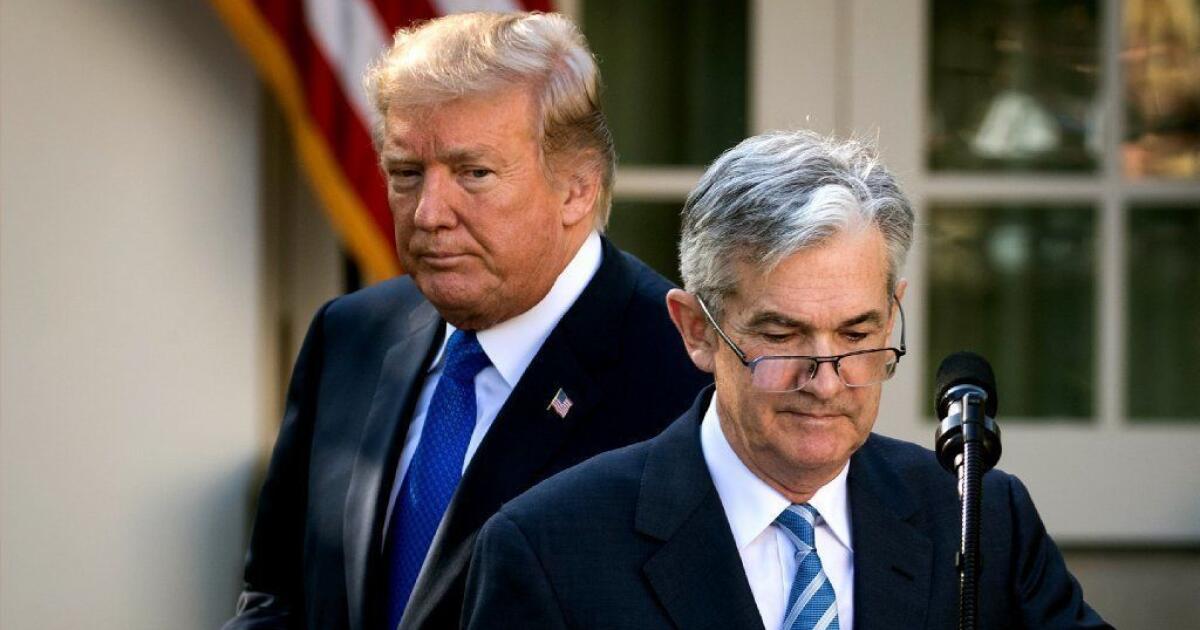I'm not defending the price increases we've all experienced, but just want to point out something important that gets overlooked. Notice that prices have gone up in EVERY country in the world by more or less the same %. Thus the inflation CANNOT be due to the policies of any SINGLE COUNTRY. Such world-wide inflation can only be arise from impacts that are so large that they impact the GLOBAL economy.
So think about what has happened in the last 3-4 years, and then recognize the scale of what has transpired. Let's just consider the top two origins of the recent inflation.
- We had major supply chain disruption from COVID, plus motion of some supply chains out of China for political & national security reasons,
- and last but not least the Russian war in Ukraine.
We all have heard of the "economic law of supply & demand", it's basic stuff - and it happened in spades w/ both of these issues.
Almost every product you can think of has an international supply chain these days. Disrupt even just one part of that chain and the product is impacted. Heard of 'just in time' inventory? That was driven by companies like Toyota in 1980/1990s, and was adopted around the world as good economic policy - maximizing production, lowering costs. It helped keep inflation low in the last 2+ decades. But hhat we just experienced showed how brittle that approach can be, unfortunately. Note by the way that it was a corporate/economic concept, not a government policy. Supply chain impacts have largely been resolved by the end of 2023, and inflation rates have come down significantly as a result. National inflation indices peaked at anywhere from ~8-12% around the globe, and are now generally between 3-7%. (If you look at the the numbers re: peak inflation rate and today's rate, the US has done better than most countries, actually.)
And moving supply chains out of China for national reasons also contributes to price increases, because it costs more to make stuff almost everywhere else (i.e., low cost was generally a major reason why it was in China in the first place). This item is clearly continuing.
Meanwhile, the war in Ukraine continues in 2024 - and with it the following inflation impacts:
The USSR was/is a huge oil & gas supplier. Europe was extremely dependent on cheap Russian gas for electricity & chemical production, and Russian oil for energy + transportation. Shifting all of Europe to other oil/gas suppliers tightened the supply throughout the rest of the western world, driving up prices - which we all know hits almost everything. Oil is a global commodity. No western country has shut off oil & gas production or consumption in 2020-2024, in fact globally it's increased during that period (including production & consumption in the US).
The Ukraine was a huge global supplier of wheat/grain and the dominant supplier of low-cost potash fertilizer. A shortage of low-cost fertilizer necessitates moving to more expensive fertilizer, which hits almost all agriculture world-wide - produce as well as meat. Developed countries could at least pay the higher wheat & fertilizer prices, but poorer countries are experiencing far worse impacts - severe shortages, hunger, etc.
These were huge global impacts which happened
at the same time. And on top of that, once prices start going up, there's a subset of producers/suppliers/retailers that hike their prices even more because they think they can get away with it - which is not nice (it's called gouging for a reason), but unfortunately there's not that many laws against it and even then it's very difficult and time-consuming to prove in a court of law. In capitalism, the usual notion is that competition will ultimately address it. I'm waiting on that one, too.
So I totally understand the anger and frustration, but at least properly appreciate and understand the economic origin of what transpired.







